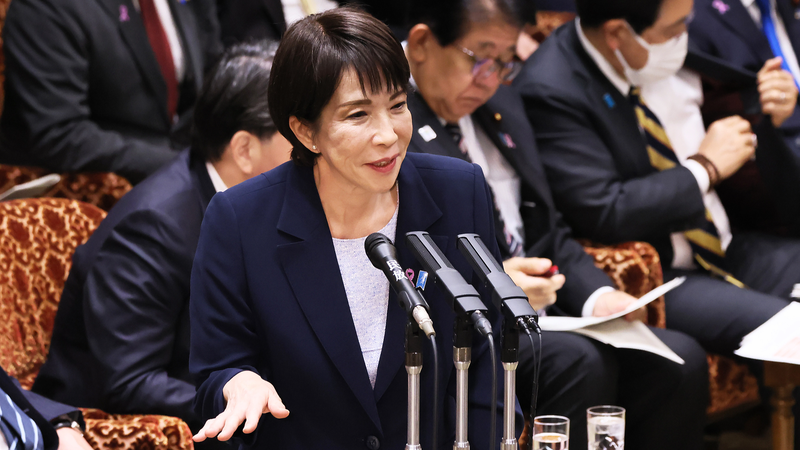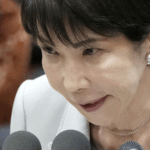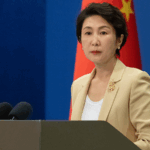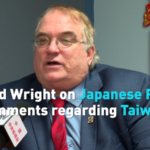🇯🇵 Japan's recent comments on the Taiwan region have ignited a diplomatic firestorm this November, with Beijing delivering its strongest rebuke in years. Prime Minister Sanae Takaichi's statements about cross-strait relations triggered a three-pronged response from China – diplomatic, political, and historical – shaking the foundations of East Asian geopolitics.
The Diplomatic Chessboard
China summoned Japanese Ambassador Kenji Kanasugi this week, labeling Takaichi's words as "extremely dangerous" during high-level talks. Analysts note this rare vice-ministerial meeting signals Beijing's red alert mode 🚨 on sovereignty issues.
History Repeating?
State media commentaries drew sharp parallels between current tensions and pre-1945 militarism, with CGTN calling it "the most provocative stance since Japan's wartime defeat." The historical analogy resonates across Asia, where wartime memories remain fresh.
Why Beijing Won't Budge
Three key factors drive China's response:
1️⃣ Preventing military normalization: Fears Tokyo could use Taiwan to justify expanded defense roles
2️⃣ Historical vigilance: Wartime justifications like "existential threats" raise alarm bells
3️⃣ Core sovereignty: China emphasizes consequences for cross-strait interference
As young professionals track these developments, the situation remains fluid. With APEC meetings approaching, all eyes are on whether this clash will impact broader Asia-Pacific cooperation. 🌏⚖️
Reference(s):
Japan's rising provocations over Taiwan imperils ties with China
cgtn.com








